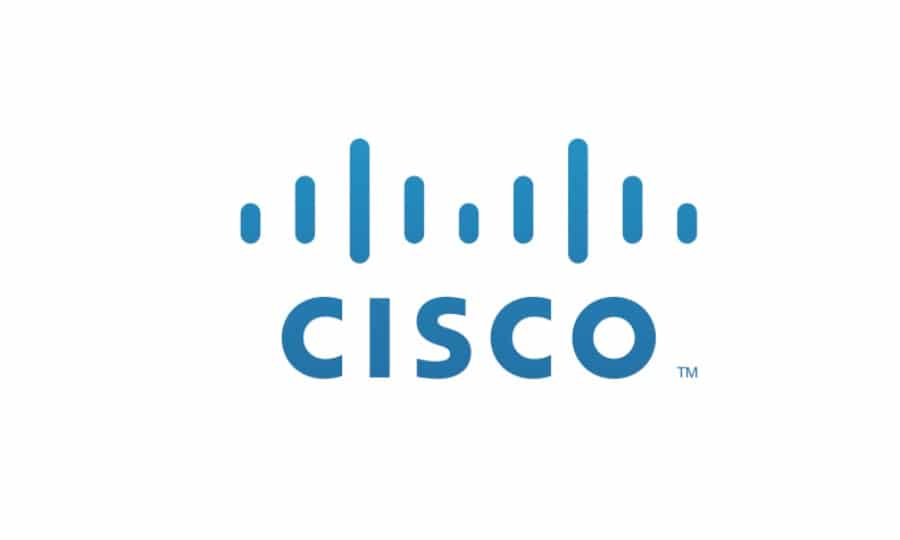Cisco Certification – Overview and Career Path
Cisco is considered one of the largest and most well-known networking and communications firms. As an industry leader, Cisco certifications are a valuable tool for professionals trying to break into computing, as they cover a wide range of networking topics and can prepare you for a variety of professions. Cisco has strived to develop a series of certifications that cover everything you could ever want to know about networking. You don’t have to gain all of their certifications to get a job in networking or advance; the Cisco certifications path is extremely modular, allowing you to concentrate in a narrow field or branch out and study as much as possible.
Table of Contents
What Exactly is the Cisco Certified Network Associate (CCNA) Certification?
If you ask someone to name some important IT certificates, the CCNA will almost certainly be one of them. Implementing and Administering Cisco solutions is the official exam name required for CCNA certification. In 2020, the CCNA, like practically every other Cisco certification, underwent a significant overhaul. You’ll get a Cisco CCNA certification to prove your familiarity with general networking fundamentals, routing and switching technologies, Wide Area Networks (WAN) and wireless networks, security, and other relevant networking topics, such as programmability and automation, after taking only one exam in this new version.
The CCNA training is offered in nine different formats, as shown below-
- CCNA Routing and Switching
- CCNA Cyber Ops
- CCNA Wireless
- CCNA Cloud
- CCNA Data Centre
- CCNA Security
- CCNA Collaboration
- CCNA Industrial
- CCNA Service Provider
CCNA Certificate
Below are mentioned some highlights of this certification –
- Anyone willing to advance their career and acquire this certification can take advantage of the CCNA course online.
- The course duration varies from 3 months – 1 year, depending on the course choice.
- The starting salary offered is generally between Rs. 4.5 to Rs. 8 lakhs per annum.
- CCNA certificate cost varies between $150 to $350 depending on the course.
- The CCNA course fees range from $150 to $300, except the CCNA Routing and Switching certification, which costs $325.
Criteria for CCNA Certification and Eligibility
CISCO certification offers a networking course at the associate level. As a result, prior networking experience is not required. Anyone with no prior networking experience can complete this course. However, it is ideally suited for candidates with at least one year of prior networking experience. With parental permission, anyone between 13 and 17 can take this course. On the other hand, if candidates have crossed 18 years, no parental authorisation won’t be required. Candidates with non-networking experience should spend more time practising with tools like GNS3 and Packet Tracer.
Cisco Career Path
Cisco Networking Academy offers the following five pathways for learning and choosing a career through Cisco Certificates. Having broader skills and knowledge is always beneficial due to working in a technology field.
- IT Pathway
- Networking Pathway
- Programmable Infrastructure Pathway
- Cybersecurity Pathway
- Business Pathway
Cisco’s Entry-Level Certifications
The two entry-level certificates offered by Cisco are:
- Cisco Certified Technician
- Cisco Certified Entry Networking Technician
The CCENT and CCT credentials have no requirements, and candidates must pass a single exam to receive either certificate.
Cisco’s Associate-Level Certifications
The two associate-level certifications offered by Cisco are:
- Cisco Certified Design Associate
- Cisco Certified Network Associate
To earn a CCNA or CCDA credential, you must pass one or two certification examinations, depending on the track you choose.
Cisco’s Professional-Level Certifications
Cisco offers two professional-level certifications:
- Cisco Certified Design Professional
- Cisco Certified Network Professional
To earn the CCDP, you must complete three certification tests. In addition, you must have the CCNA and CCDA certifications, as well as any Cisco CCDE or CCIE certifications.
Cisco’s expert-level certifications
The coveted Cisco Certified Design Expert (CCDE) and the Cisco Certified Internetwork Expert (CCIE) are two of Cisco’s expert-level qualifications. There are no requirements for either certification, but both require passing a written exam and a demanding practical exam.
Cisco’s architect-level certifications
Acquiring the Cisco Certified Architect (CCAr) credential is a good decision for those seeking roles such as network architect or data centre architect. The CCAr is Cisco’s equivalent of a PhD in the Career Certification programme; it’s the highest degree of Cisco certification available. The CCAr verifies the abilities of a senior network infrastructure architect, who can plan and construct IT infrastructures in accordance with corporate strategy. The CCAr is regarded as the most challenging tech certification to obtain.
Conclusion
The Cisco certifications are a straightforward and economical way to gain all the skills needed in different fields. Your value rises significantly above that of other employees due to your expertise. Obtaining this certification will set you apart from the crowd and earn you respect and recognition in the workplace.


